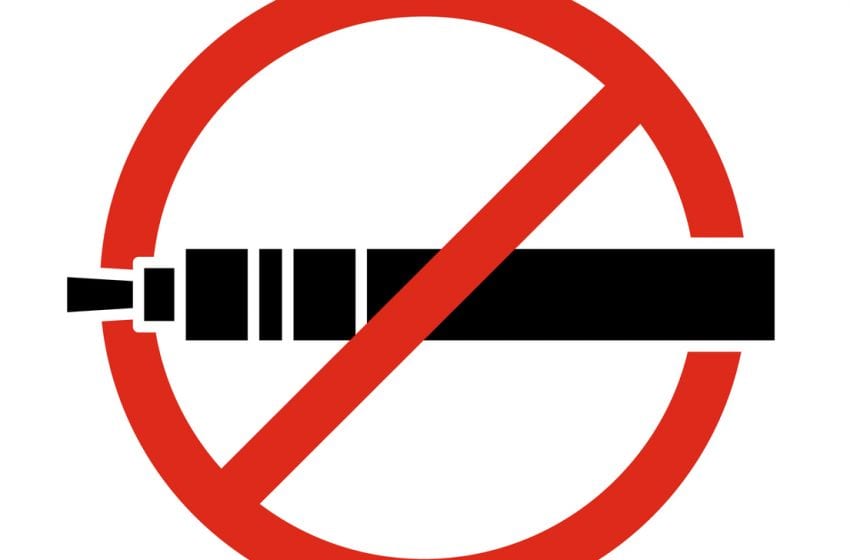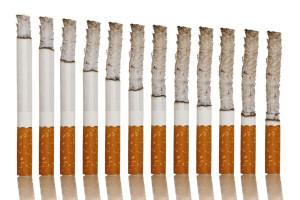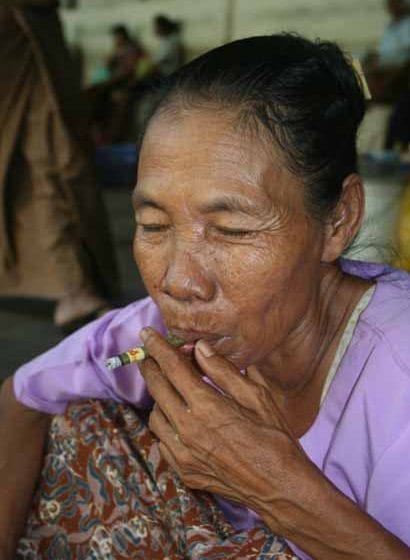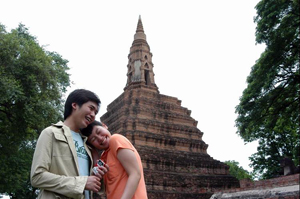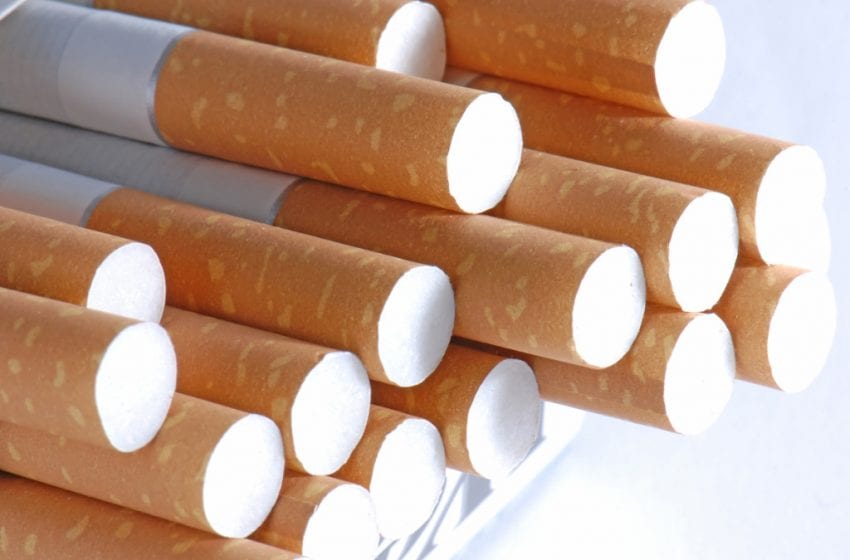A network of electronic-cigarette users yesterday pressed Thailand’s National Legislative Assembly to consider lifting the ban on the import, production, sale and possession of electronic cigarettes, according to a story in the Bangkok Post.
The Commerce Ministry earlier this year banned e-cigarettes and related products.
The chairman of the NLA’s commerce subcommittee, Siripol Yodmuangcharoen, who received the petition, said the group had backed its call for the ban to be reversed with information indicating that 160 countries allow the sale of e-cigarettes while only 15 countries ban them.
The group had claimed also that the ban on imported e-cigarettes resulted in a substantial loss in import tax revenues.
Siripol said the subcommittee would discuss the group’s demand.
Meanwhile, Maris Karanyawat, the network’s representative, said the group had presented its petition to the NLA along with the signatures of more than 17,000 people in support of the right of more than 11 million cigarette smokers to gain access to e-cigarettes.
The Post’s story is at: https://www.bangkokpost.com/news/general/1378195/network-fired-up-over-electronic-cigarette-ban

